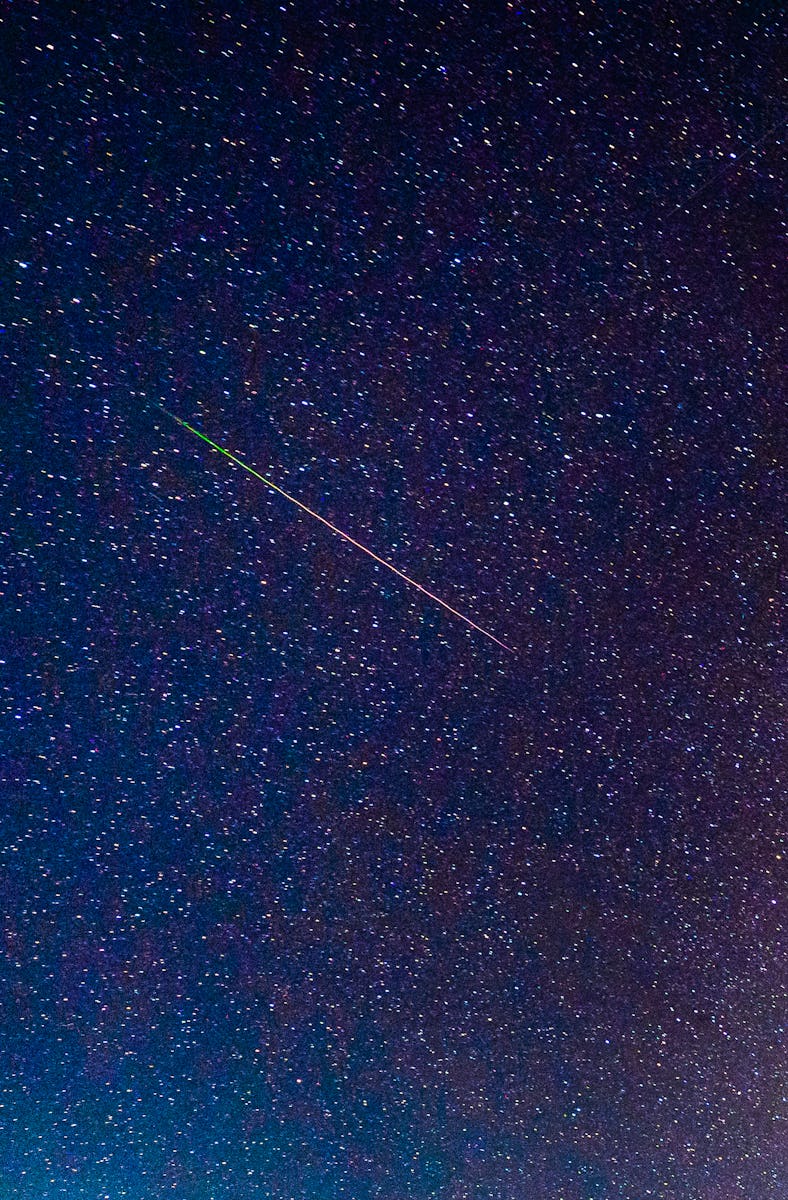Why You (Probably) Don’t Need to Worry About a Meteorite Hitting You
A French woman reportedly was struck by a space rock — but you’re probably safe.

Around 4:00 a.m. one summer night, moments before dawn, a mysterious object ricocheted off a roof and hit a French woman in the ribs.
The resident of Schirmeck, a village in northeastern France, was sitting outside in the middle of a conversation, when she felt something slam into her ribs. The leading theory is that the rock, small in size, was a meteorite. The story was first reported by French newspaper DNA - les Dernières Nouvelles d'Alsace last Thursday, and was subsequently picked up by American publications such as The Weather Channel.
Assaults from space rocks are rare, and even less likely to pose lethal harm. The odds of getting killed by a meteorite are roughly 1 in 250,000, according to predictions by planetary scientist Clark Chapman at the Southwest Research Institute in Boulder, Colorado. This recent story, which played out shortly before dawn on July 6 while two women were sipping their morning coffee, is still in the middle of an investigation.
Precedents
Though the sky occasionally opens wide and delivers a rocky visitor from space, getting personally struck by a harmful meteorite is rare.
But it has happened before. In 1954, a 34-year old woman named Ann Hodges was napping in her Alabama home when a 9-lb space rock came through her ceiling, bounced off her radio, and bruised her leg. In 1992, a young boy in Uganda was hit by a “small specimen” on the head.
There are also unconfirmed accounts from the 17th century, when an Italian friar is said to have been fatally struck by a meteorite, and in a separate incident, when two sailors departing Holland were said to have been fatally struck aboard the ship Malacca.
What happened during their coffee hour?
According to DNA, the person who got hit had initially heard a “Boom” — or “Poum,” in French — from the roof next door. Immediately after, she felt a shock in her abdomen. At first, she thought an animal, perhaps a bat, was behind the sensation at her ribs.
On the ground, however, she found a pebble-sized rock that a geologist later suggested was a meteorite.
According to a new DNA article published on Tuesday, the woman struck by the meteorite wants the specimen to be further analyzed.
What is a meteorite?
Meteorites hail from different objects, and come in different sizes. They are the remnants of a meteor that withstood the heat upon entry into Earth’s atmosphere, and reached the ground. Many times, space debris is small enough to disintegrate entirely in the sky and never reaches the surface.
Most meteorites are the size of the Schirmeck rock, or tinier. “The vast majority of meteorites are small, no larger than a pebble, and have very little effect on the Earth system,” according to the “Understanding Global Change” website run by the University of California Berkeley.
There are, of course, showstopping anomalies. Russian dash cams captured an extraordinary fireball as it sliced through the sky over the city Chelyabinsk in 2013. The meteor produced a powerful shockwave that damaged property and injured almost a thousand people. Though scientists estimated that four to six tons of the meteor survived as meteorites, this means that less than one percent of the rock reached the ground.